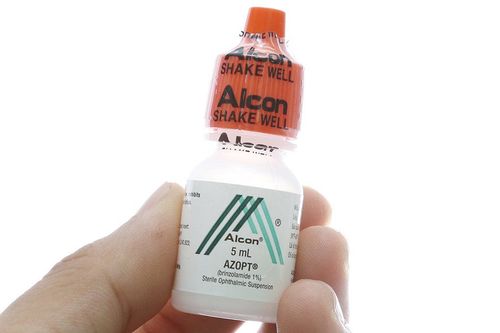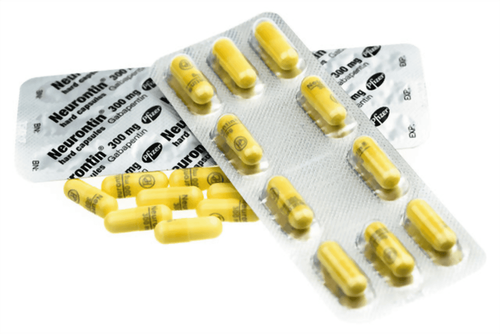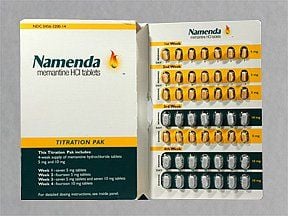This is an automatically translated article.
Acetazolamide is highly effective in reducing the symptoms of acrophobia and treating glaucoma. All indications about dosage, time of taking Acetazolamide, patients should follow the doctor's prescription to avoid side effects.
1. Uses to treat Acetazolamide disease
Acetazolamide is used to prevent and relieve symptoms of acrophobia. At the same time, Acetazolamide can relieve headache, fatigue, nausea, dizziness and shortness of breath when you climb quickly to a height (3,048 meters). The best way to prevent altitude sickness is to climb slowly and possibly stop for 24 hours during the climb to allow your body to acclimate to the new altitude. This process should be done slowly over the first 1 to 2 days.
Also, it is used in combination with other medicines to treat high pressure inside the eye caused by certain types of glaucoma. Acetazolamide works by reducing the production of fluid inside the eye. In this case, the patient had body edema caused by heart failure. The doctor will prescribe the patient to take Acetazolamide for a short time.
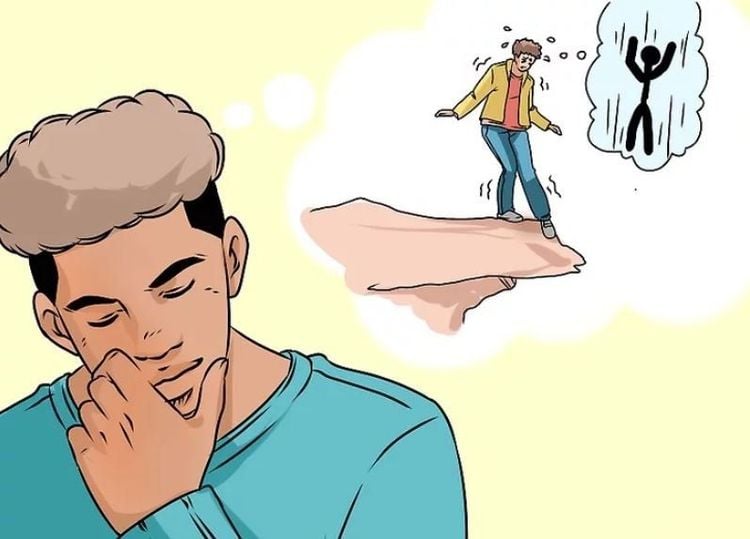
Thuốc Acetazolamide giúp điều trị bệnh sợ độ cao
2. How to use Acetazolamide
For capsules/tablets, the doctor will prescribe orally. The patient should swallow the tablet whole, do not crush it. Doing so will destroy the long-lasting effects of the medication and may increase side effects. Acetazolamide can be taken before or after food. Patients should drink plenty of water while taking the medicine.
To prevent altitude sickness, people should start taking Acetazolamide 1 to 2 days before starting climbing. Continue taking it while you're climbing and for at least 48 hours after you've reached your desired altitude. You may need to continue taking this medicine while at altitude to control symptoms. If you have severe altitude sickness, you must climb down as quickly as possible. Acetazolamide will not protect you from the serious effects of agoraphobia.
If you use Acetazolamide to treat glaucoma, epilepsy, take the medicine as prescribed by your doctor for the best effect. Do not increase the dose or use Acetazolamide for too long if it does not work. If the condition does not improve or the disease worsens, you should consult a doctor.
Acetazolamide can lower blood potassium levels. Usually, your doctor will encourage you to eat foods rich in potassium such as bananas and orange juice while taking the medicine.

Bạn nên uống thuốc từ 1 đến 2 ngày trước khi bắt đầu leo núi
3. Notes when using the drug Acetazolamide
3.1. Side effects
In the first days of taking Acetazolamide, the patient may feel dizzy, lightheaded, frequent urination, blurred vision, dry mouth, drowsiness, loss of appetite, nausea and vomiting, diarrhea, vomiting, ..
The cause of these symptoms is that the body has not yet adapted to the drug. If these symptoms persist or become more severe, the patient should notify the doctor or pharmacist for advice. To improve dizziness, sit or get up slowly when changing positions.
Some side effects when using Acetazolamide are as follows:
Itching of the palms of hands / feet Decreased hearing, tinnitus Body weakness Easy bleeding, bruising. Arrhythmia Muscle cramps/pain. Mood changes such as confusion, difficulty concentrating Nausea and vomiting that doesn't stop Stomach pain, yellowing eyes/skin, dark urine) Very rare serious allergic reactions to Acetazolamide, such as: rash , itching/swelling in the face/tongue/throat, dizziness, trouble breathing.
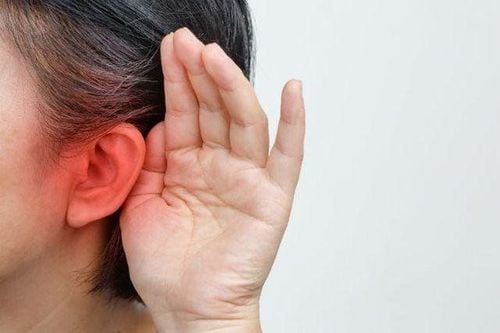
Ù tai là một tác dụng phụ mà người bệnh có thể gặp phải khi uống thuốc
3.2. Prevent side effects
Before taking Acetazolamide, please inform your doctor about any allergies you have or are experiencing. Your doctor will also need to know your medical history, such as: adrenal gland problems (Addison's disease), untreated mineral imbalances (such as low sodium/potassium, hyperchloremic acidosis), dehydration, kidney disease, liver disease, breathing problems (chronic obstructive pulmonary disease-COPD), emphysema, lung infection), diabetes, gout, narrow-angle glaucoma, hyperthyroidism .
Drugs that improve the fear of heights. However, they cannot completely prevent severe acrophobia. Symptoms of this condition may include: shortness of breath, mental/mood changes (such as confusion, difficulty concentrating), lack of motor coordination, unsteady walking, fatigue, severe headache . Besides, factors such as alcohol, stimulants can aggravate side effects such as dizziness, drowsiness, ... After using the drug, the patient should not drive, use machine. Because the drug can reduce certain alertness.
Acetazolamide can lower blood sugar. If the patient has diabetes at the same time, it is necessary to regularly check the blood sugar level and notify the doctor. Symptoms that indicate low blood sugar include: sudden sweating, shaking, heart palpitations, hunger, blurred vision, dizziness or itchy palms/legs.
Acetazolamide may make patients more sensitive to the sun. Therefore, when using the drug, you should limit exposure to the sun for too long. Use sunscreen and wear sun-protective clothing when outdoors.
Older adults may be more sensitive to the effects of medications. Women who are pregnant and breastfeeding should only use the drug when absolutely necessary or prescribed by a doctor.

Hạn chế uống rượu bia để ngăn ngừa tác dụng phụ của thuốc
3.3. Drug interactions
Drug interactions can change the way a drug works or increase the risk of serious side effects. Please check the labels on all medicines you are taking as they may contain aspirin or aspirin-like medicines (salicylates). These medicines cause serious side effects if taken in large doses of Acetazolamide. However, if your doctor has directed you to take low-dose aspirin to prevent a heart attack or stroke (usually at doses of 81-325 milligrams per day), you can take it as directed.
Acetazolamide may affect or distort the results of some tests. Therefore, you may be asked to stop taking the medicine 3 to 4 days before the test.
3.4. Treatment of overdose and missed dose of Acetazolamide
In case the patient uses an overdose of Acetazolamide, it should be taken to the hospital soon for treatment.
If you miss a dose, take it as soon as you remember. If it is almost time for your next dose, you can skip the missed dose, but never double the dose.

Hãy uống liều thuốc đã quên ngay khi nhớ ra
4. Preservation of the drug Acetazolamide
In order for the drug to have the best effect in treatment, patients should store Acetazolamide in accordance with regulations. Medicines should be stored in a cool, dry place, not at too high a temperature or too much humidity.
Absolutely do not leave the medicine in locations such as: bathroom, under the sun, freezer, refrigerator,... Should keep the medicine out of reach of children and pets to avoid accidental ingestion/ingestion. Do not flush the medicine in an alcohol bath unless directed by your doctor. Protecting and using drugs properly, following the doctor's orders is how patients improve the effectiveness of treatment.
Acetazolamide is highly effective in reducing the symptoms of acrophobia and treating glaucoma. Patients need to strictly follow the doctor's instructions to avoid possible unwanted side effects.
Please dial HOTLINE for more information or register for an appointment HERE. Download MyVinmec app to make appointments faster and to manage your bookings easily.
Reference source: webmd.com




